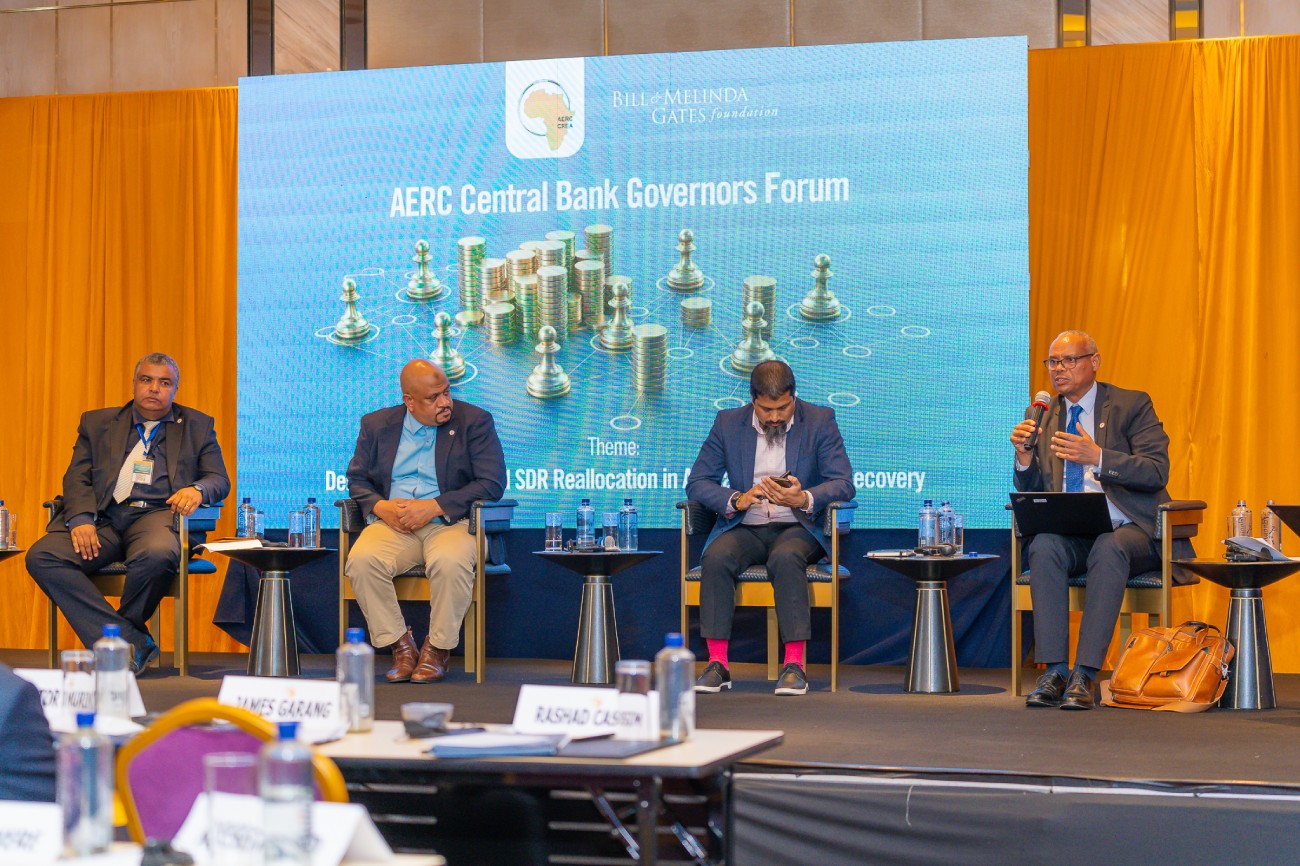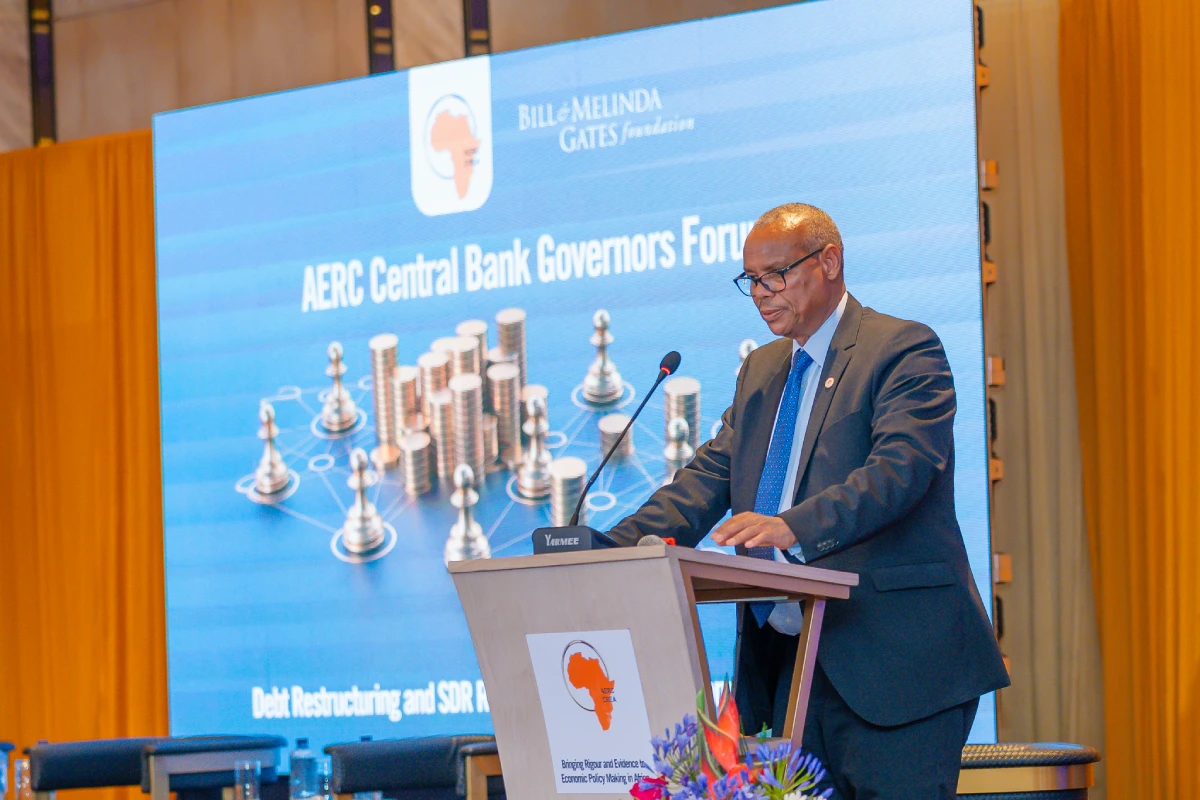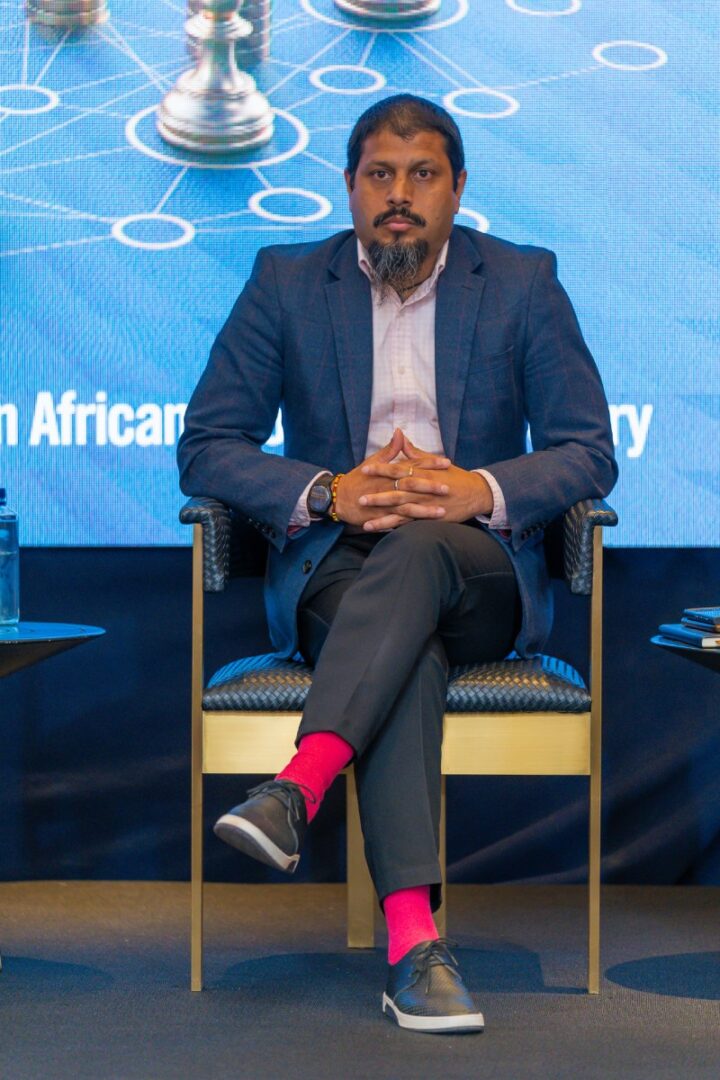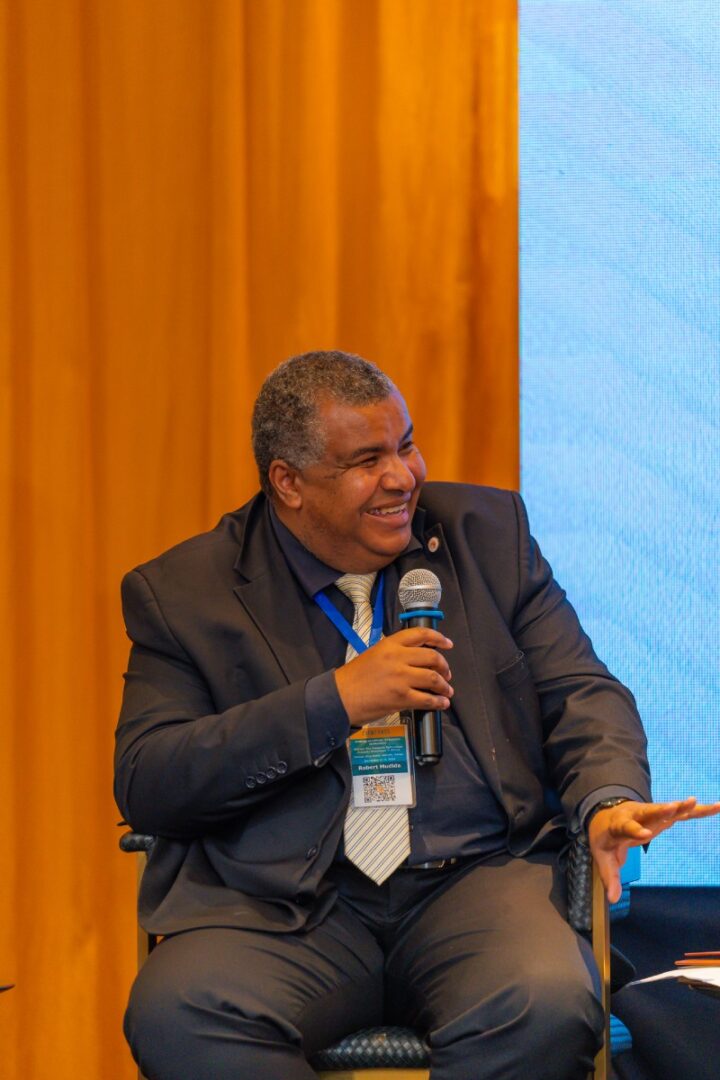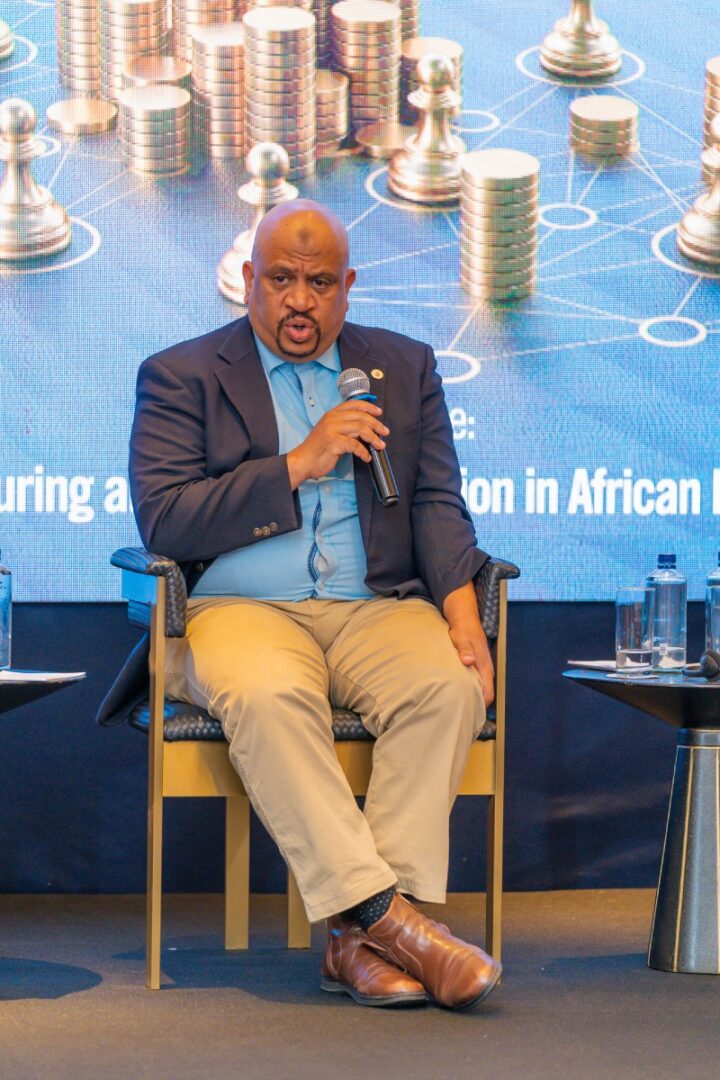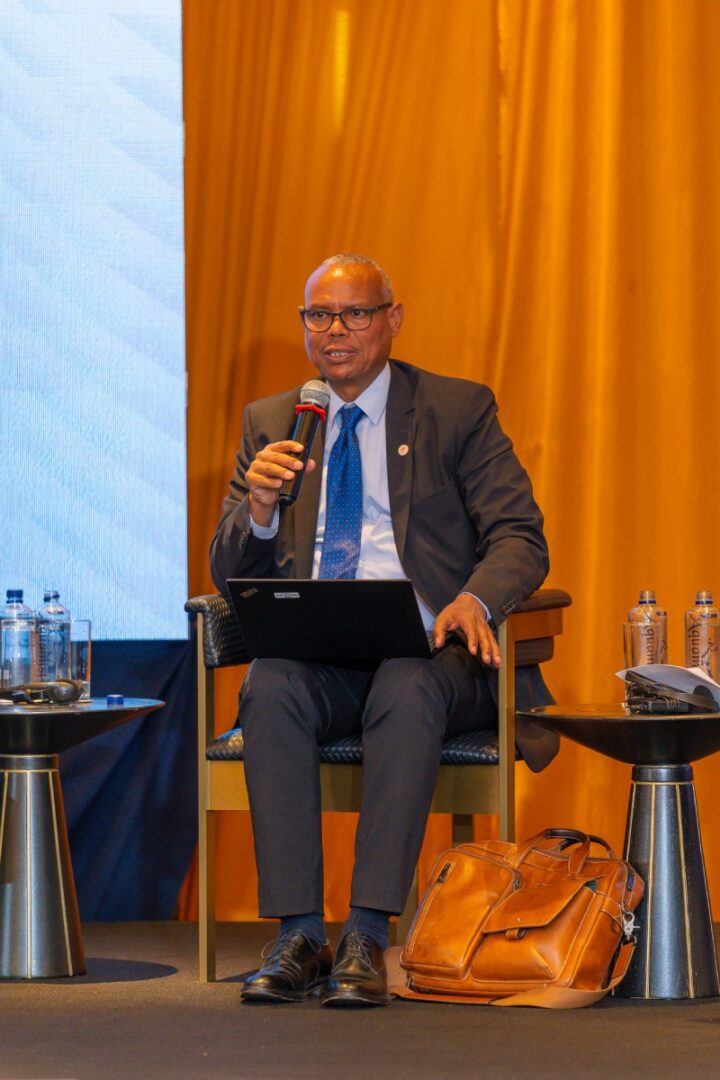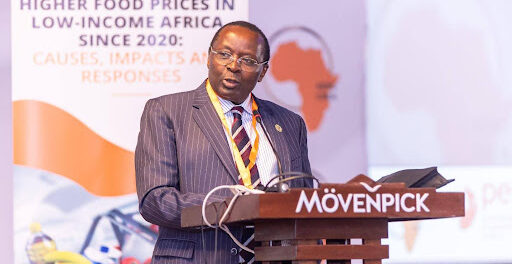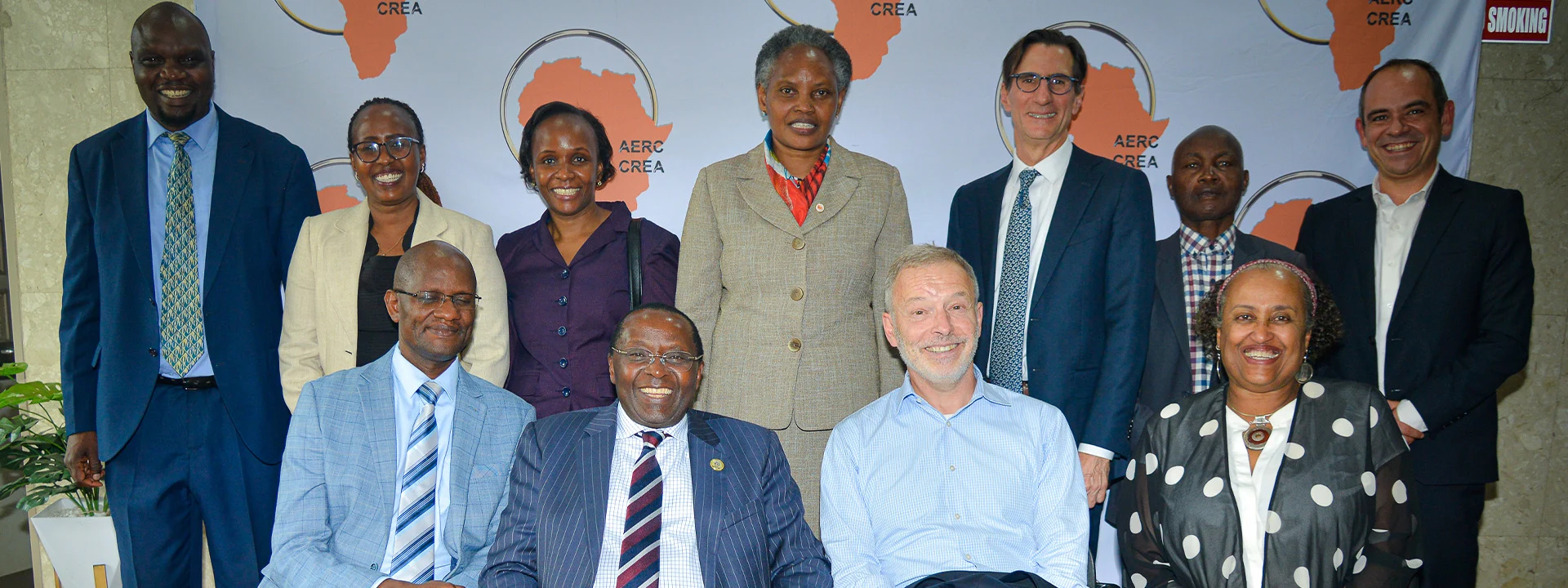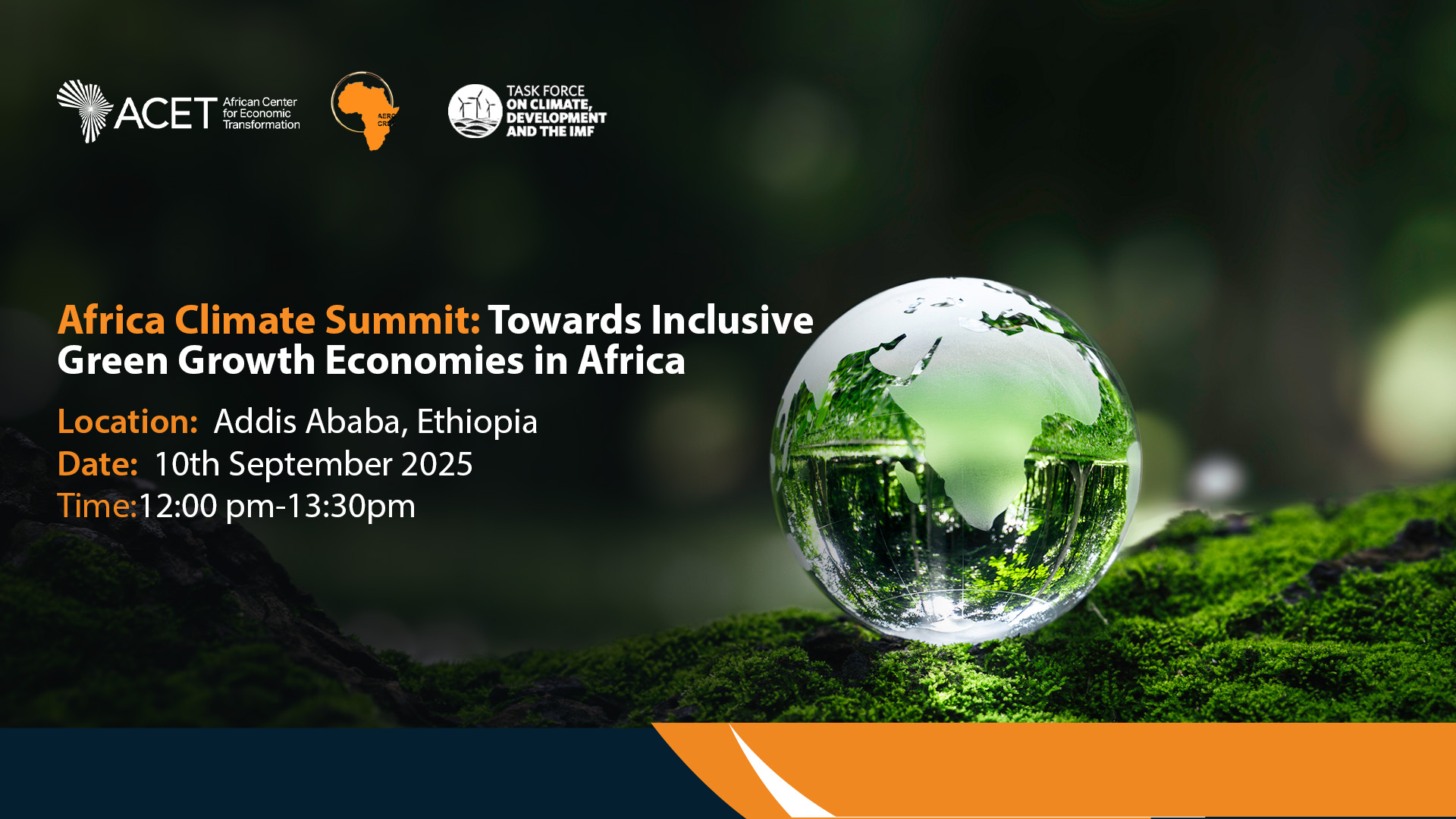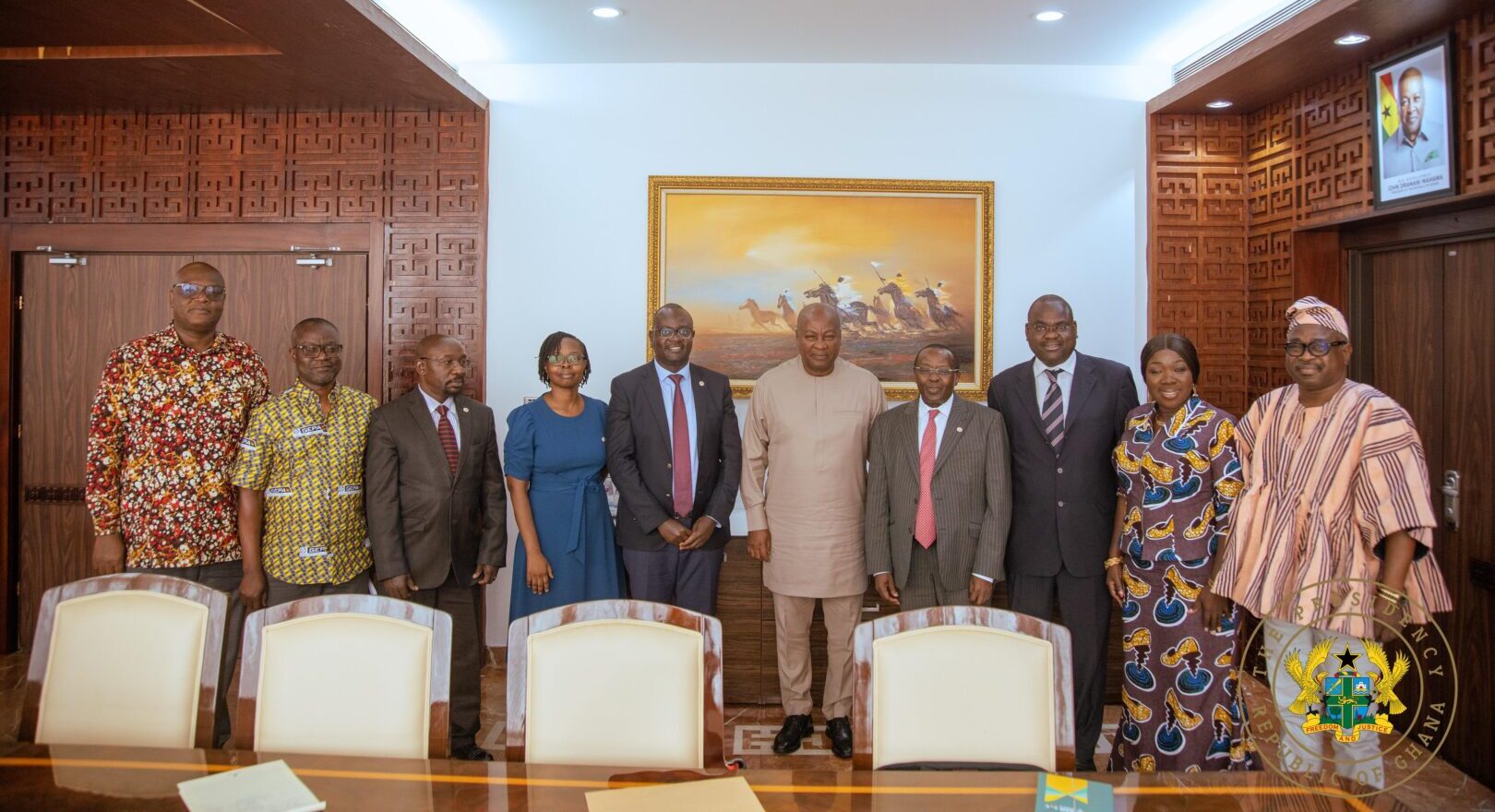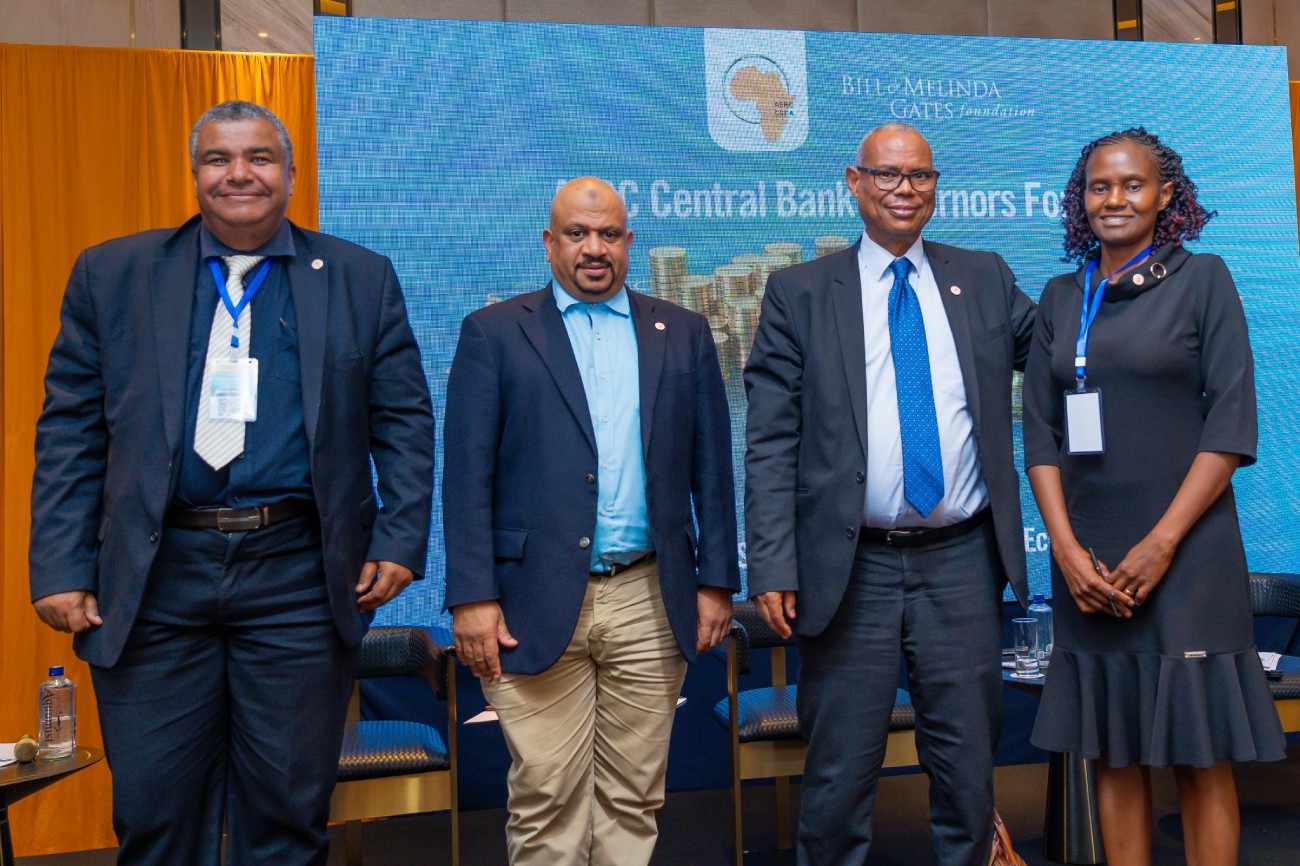

Reimagining Africa’s Economic Recovery: Debt Restructuring and SDR Reallocation at AERC Governors’ Forum
December 3, 2024The African Economic Research Consortium (AERC) hosted an engaging Governors’ Forum in Nairobi, bringing together central bank governors, policymakers, researchers, and thought leaders under the theme ‘Reimagining Africa’s Economic Recovery: Debt Restructuring and SDR Reallocation’. The event held on 1st December 2024, during the 61st AERC Biannual Plenary session, is based on the AERC and Bill and Melinda Gates Foundation (BMGF) – collaborative research project on “Evidence to drive reforms for Special Drawing Rights (SDR) financing in SSA economic recovery”. This engaging event aimed at situating the role of SDRs and informing plans and the needed policy reforms to access the Resilience and Sustainability Trust (RST) financing.
Africa’s economic trajectory has been shaped by what panelists referred to as the triple shocks: the COVID-19 pandemic, geopolitical disruptions, and the intensifying impacts of climate change. These crises have created a perfect storm, leaving many nations struggling with debt distress, liquidity crunches, and dwindling reserves. Presenting research findings, Prof. Abebe Shimeles, Honorary Professor, University of Cape Town and Senior Economic Advisor to the Government of Ethiopia, painted a stark picture of the continent’s fiscal landscape. Only a handful of Sub-Saharan African countries maintain sovereign borrowing space, while most are burdened by unsustainable debt and limited access to external financing.
Special Drawing Rights, a lifeline during global economic crises, have emerged as a central topic in Africa’s recovery discourse. While observing that SDRs provide a buffer against external shocks, Prof. Robert Mudida, Director of Research, Central Bank of Kenya underscored the inequities in their distribution, with most allocations directed towards larger economies with fewer financial constraints. This disparity, compounded by the inflexible application of these resources, calls for a re-evaluation of the quota system to ensure that SDRs address the needs of vulnerable nations more effectively.
Jason Braganza, Executive Director, AFRODAD, highlighted the limitations of existing debt relief frameworks, critiquing their creditor-centric design and limited inclusivity. He advocated for the establishment of a neutral mediation mechanism to ensure fairness and accountability in debt restructuring processes. Complementing this perspective, Dr. Daouda Sembene, CEO Africatalyst, called for robust regulatory frameworks and institutional reforms to create an enabling environment for sustainable finance.
The discussion also explored actionable pathways for African nations, including enhancing fiscal discipline, bridging the gap between policy design and implementation, and fostering intra-African trade to strengthen economic self-reliance. Hon. Dr. Abdullah Makame, MP at the East African Legislative Assembly (EALA), stressed the implementation gap in policy frameworks, citing the delayed actualization of initiatives such as the Maputo Declaration. He called for deliberate efforts to prioritize productive sectors and harness Africa’s untapped potential.
While SDRs are not a panacea, the forum highlighted their potential as a tool for stabilizing economies and fostering long-term development. Beyond immediate debt relief, panelists advocated for recalibrating global cooperation, including expanding development finance and leveraging private sector participation through risk mitigation instruments. Such measures, they argued, would not only address liquidity constraints but also drive investments in high-impact areas, such as industrial policies and social infrastructure.
As the forum drew to a close, the discussions reiterated the urgency of reimagining the global financial architecture to reflect Africa’s needs and aspirations.
